Penny Farm rescues pain-riddled ponies as negligent owner jailed
Case highlights a consequence of uncontrolled breeding of horses and ponies.
Posted on 28/05/2024
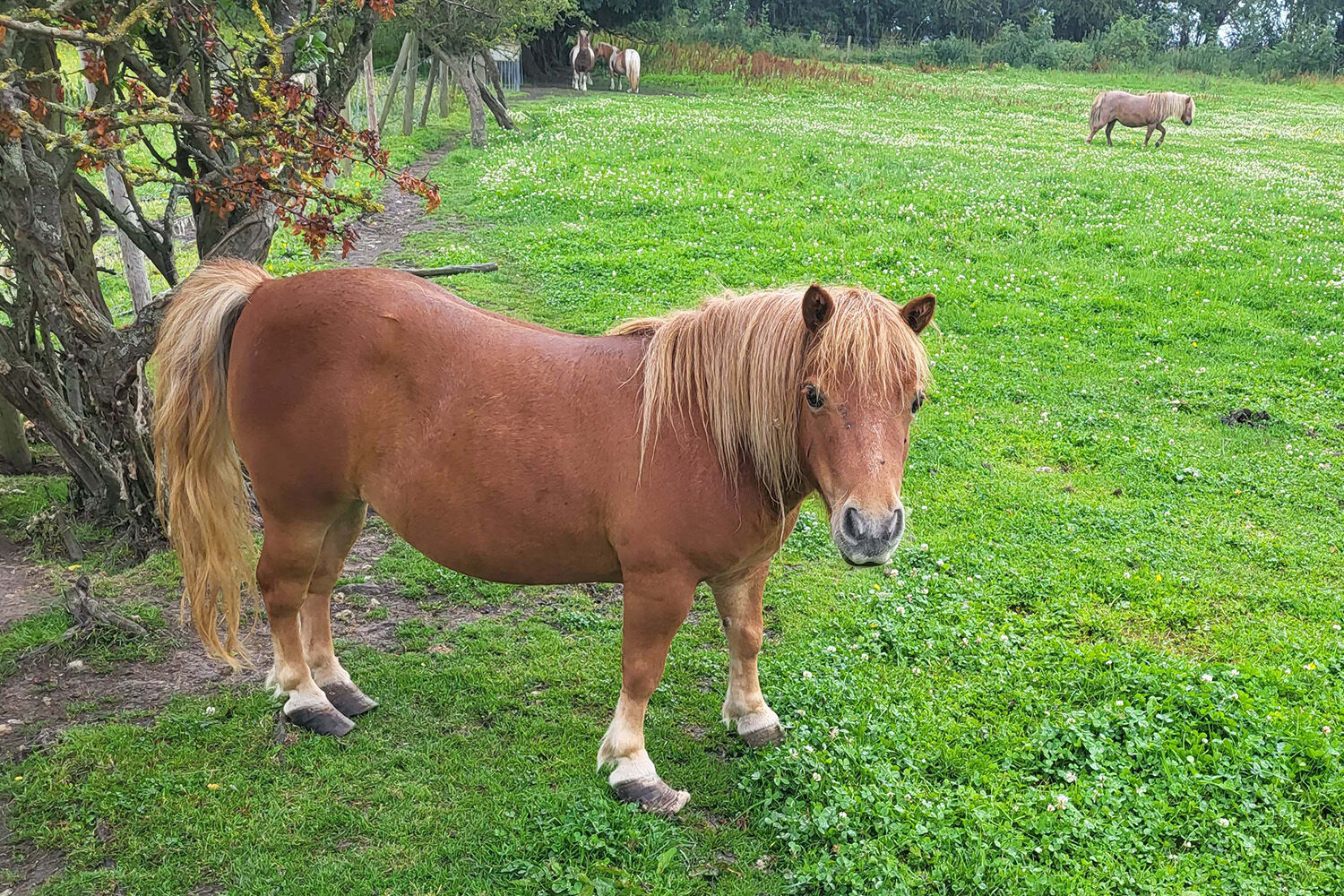
Eleven miniature Shetland ponies suffering excruciating pain have had their lives turned around by our Penny Farm Rescue and Rehoming Centre. This follows a significant animal welfare operation involving ourselves and the RSPCA where the two charities responded to a call from a concerned member of the public and found nineteen Shetland ponies in varying states of neglect. The ponies’ owner was sentenced today by the Crown Court, with an immediate custodial sentence of 12 months and given a lifetime ban on keeping all animals, with no application for the ban to be lifted for 12 years.
“I am absolutely delighted to see the increased sentencing guidelines for animal cruelty that we successfully campaigned for, being used to good effect. We hope that we see more uses of lifetime bans in future cases.
“The defendant had a veneer of respectability within the showing world with two of her ponies well-looked after and in show condition, but she allowed the others to suffer in such a dreadful way, despite having received a previous caution for identical offences. So many of this group of Shetlands were suffering with laminitis and the owner will now see the consequences of allowing this to happen.
World Horse Welfare Field Officer, Sarah Tucker, who was involved in the rescue, shared her satisfaction at the sentencing
When they were found most of the ponies were overweight, many had overgrown hooves, and a number showed signs of extreme laminitis — a painful condition affecting their hooves. Tragically, the severity of neglect resulted in six of the ponies needing to be euthanized on site due to the pain and suffering caused by chronic laminitis and two more were later euthanized due to ongoing health issues.
“Ponies grazing endless, lush grass may seem idyllic, but the reality is very different. Allowed to breed unchecked, and with uncontrolled grazing, the ever-growing herd suffered horrendously with a number of conditions, and laminitis was rife. It has been a long road with the surviving ponies, it takes us longer to turn around an overweight pony than one that is underweight. The number that didn’t make it shows just how devastating laminitis can be.
Adam Cummins, Farm Manager at Penny Farm
The Shetland case highlights the ongoing challenges associated with rescuing and rehabilitating horses that suffer from severe neglect, with each horse in the care of World Horse Welfare costing the charity in the region of £5,000 per year. The team at Penny Farm has successfully rehabilitated the remaining ponies, including Bert, who was a tiny foal when he and his mother Lacey arrived at the centre.
“One of the best parts of my job is seeing horses thriving after the pitiful state they are in when we rescue them and knowing that they will be rehomed into loving, safe, homes for the rest of their lives.
“Sadly, this is another case showing one of the outcomes of uncontrolled breeding. Our ‘Do you need to breed?’ campaign highlights how even breeding one foal needs careful consideration.”
Sarah Tucker
Anyone who feels they would like to rehome one of their horses can find out more by visiting the rehoming page on our website.
Topics
Related News
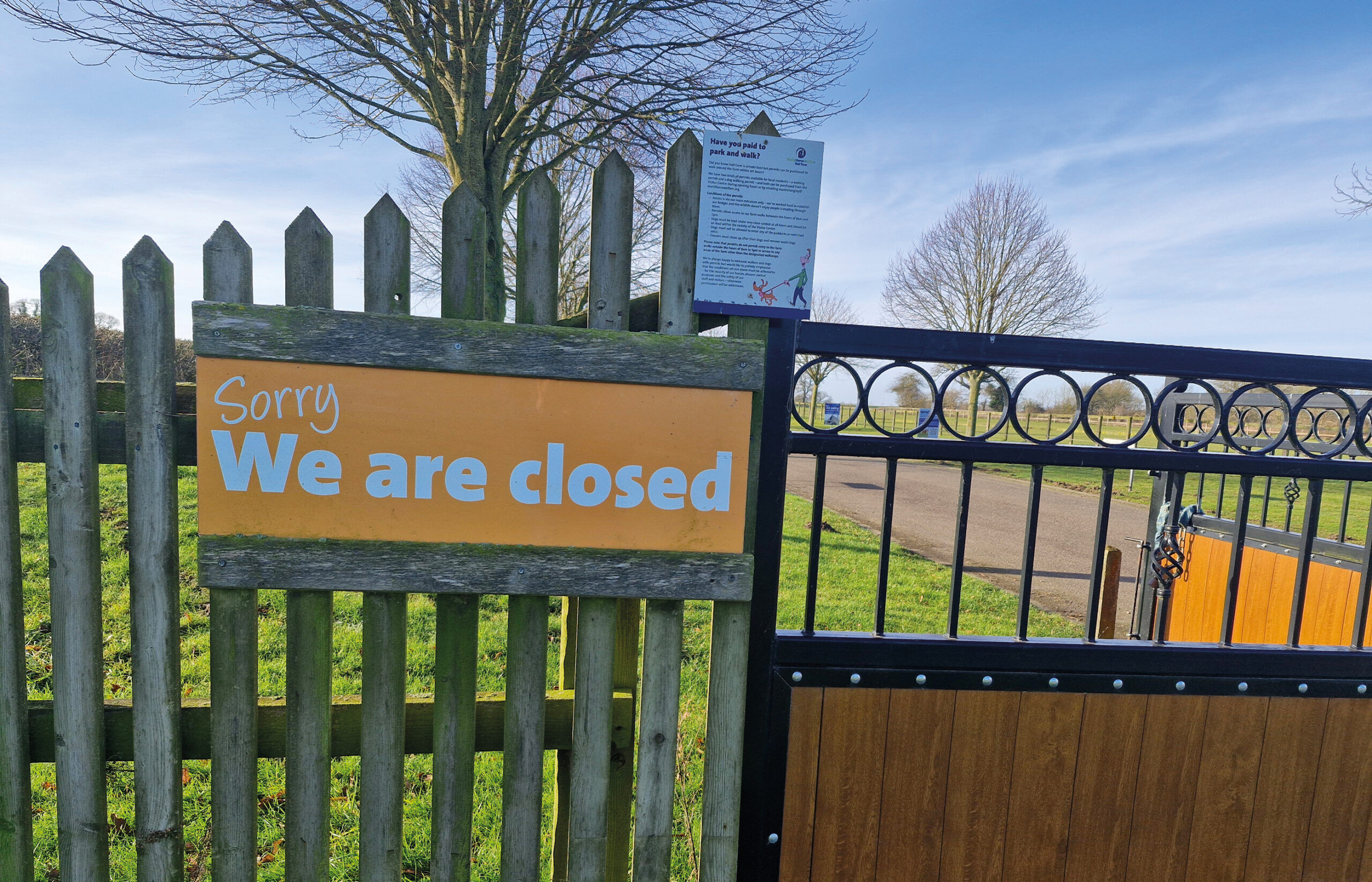
Strangles case identified at our Norfolk farm
A horse at our Hall farm in Norfolk has tested positive for strangles, a highly infectious respiratory disease.
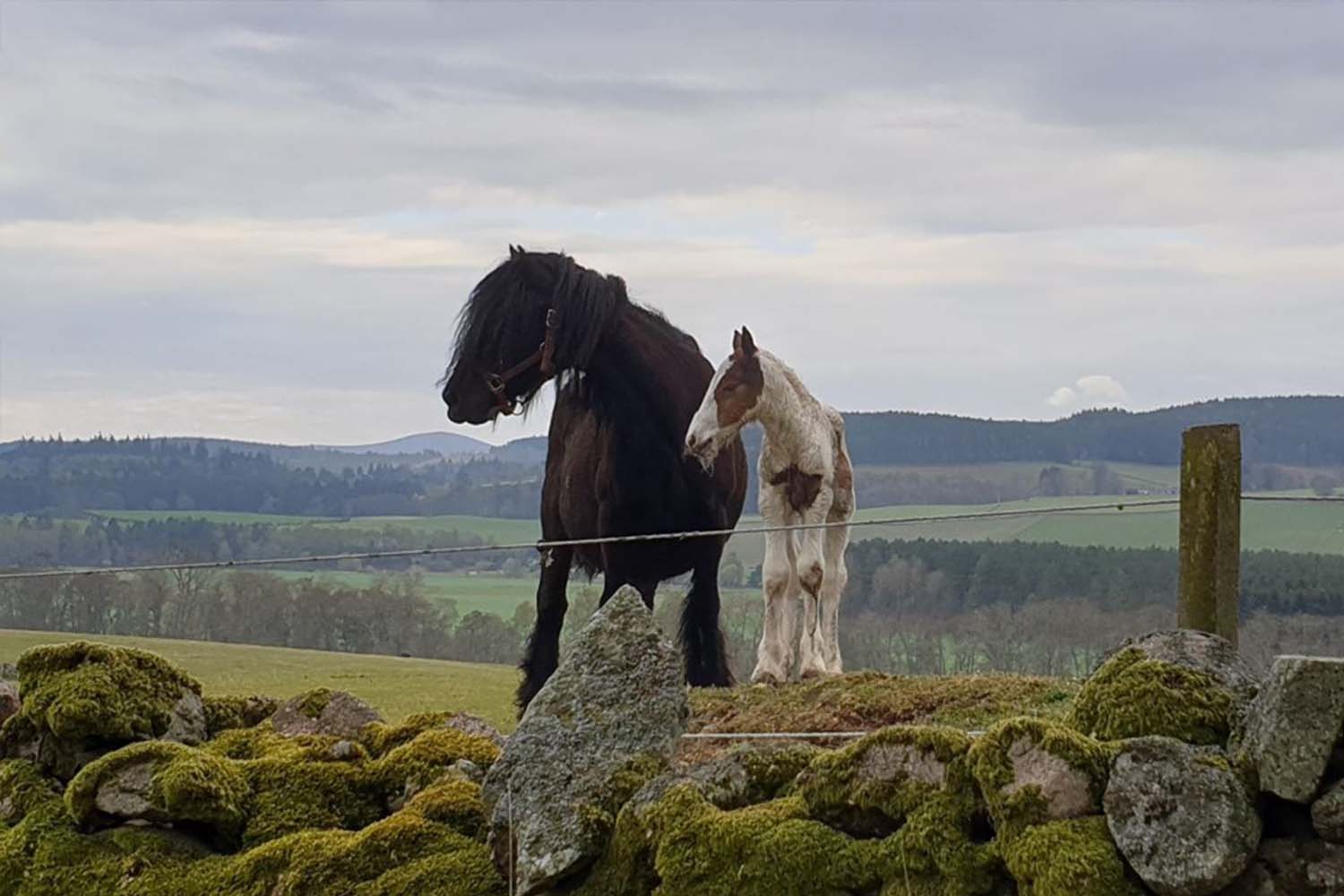
Christmas Closures 2023
Visitor Centre and Head Office opening times during the festive season.
Recommended Blog Posts
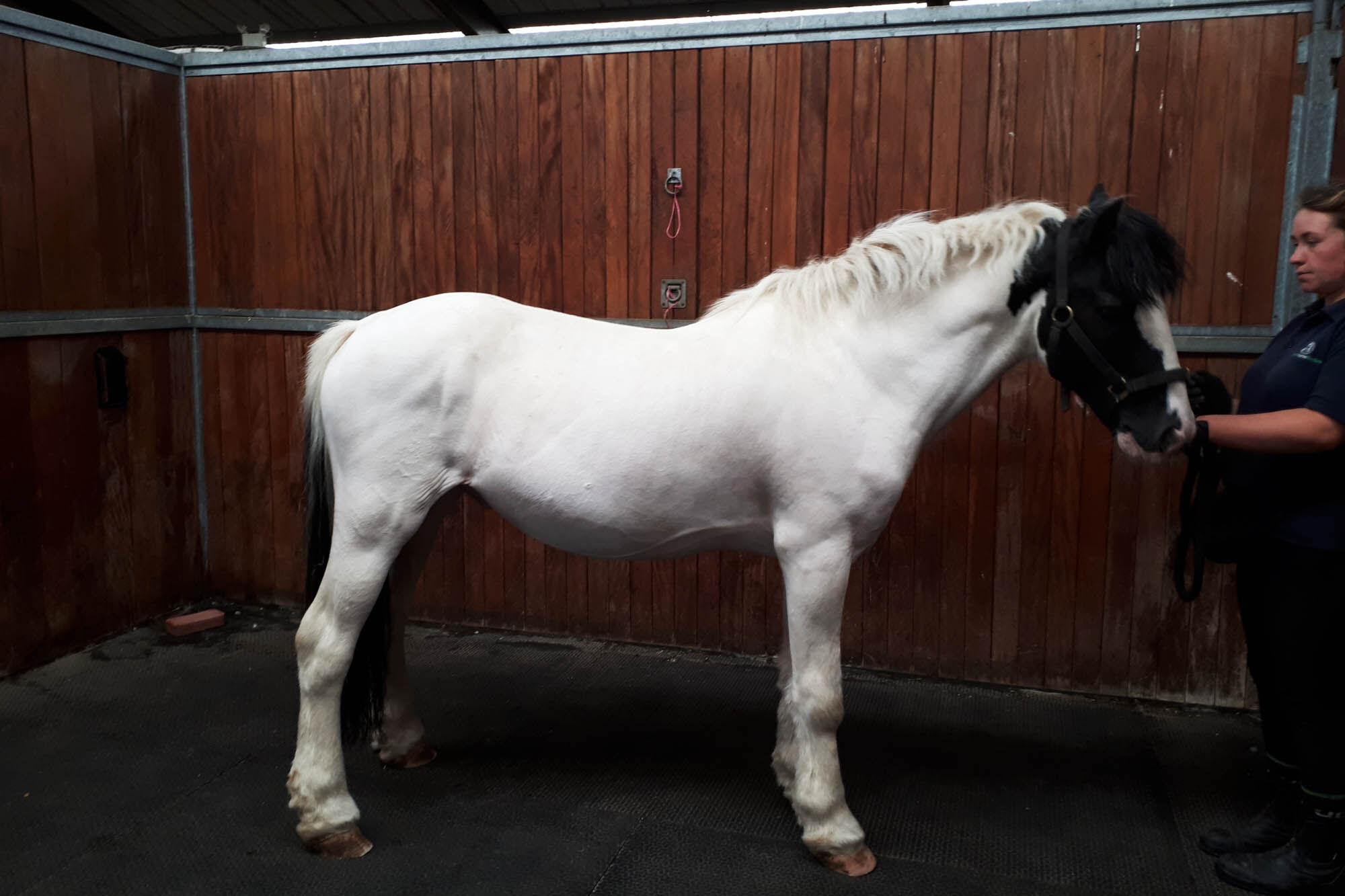
A day with the vet: scans and x-rays
Claire Dickie, Glenda Spooner Farm Centre Manager, describes some of the cases looked at in the course of a vet day.
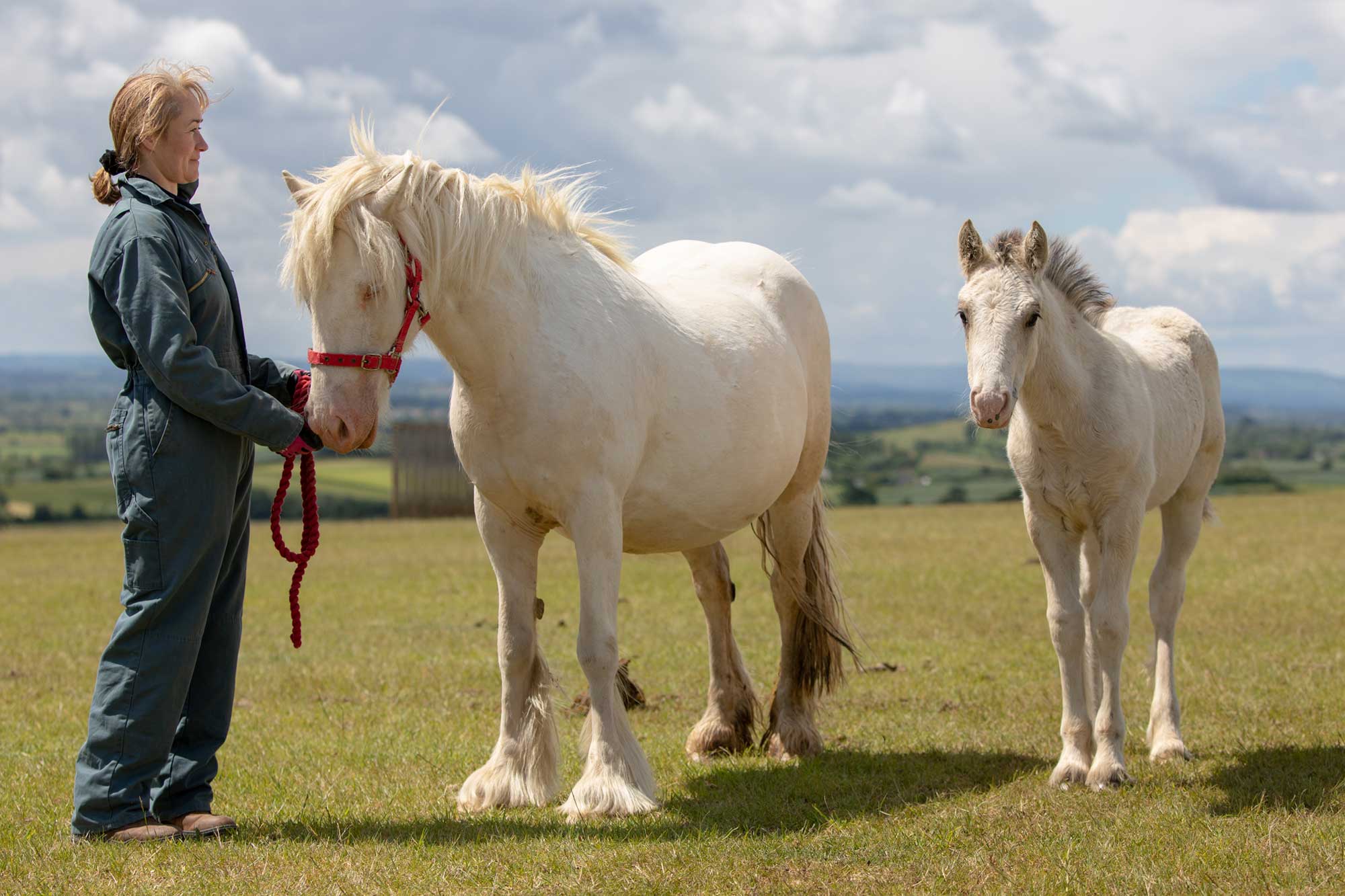
What does biosecurity mean and how do you quarantine a new horse?
Research and Education Officer Alana Chapman shares simple steps you can take to prevent an outbreak of disease on your yard.
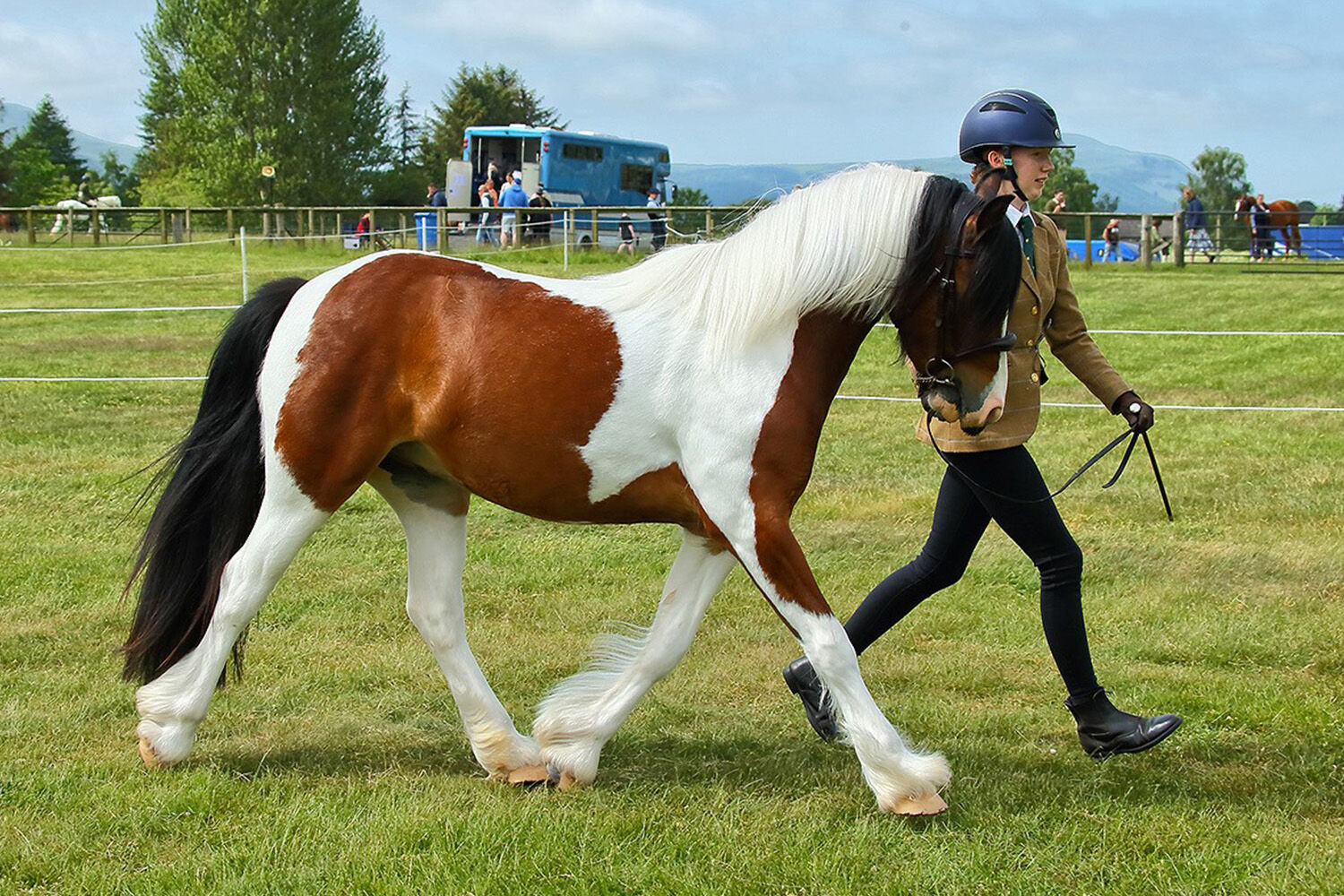
We catch up with Cadbury and his rehomer on National Chocolate Day
The sweetest rescue pony makes the most of his second chance with rehomer Lucy.
Enjoy reading stories like this?
Join over 55,000 other horse lovers and sign up for our email newsletter

Join over 55,000 other horse lovers and sign up for our email newsletter
Sign me up now